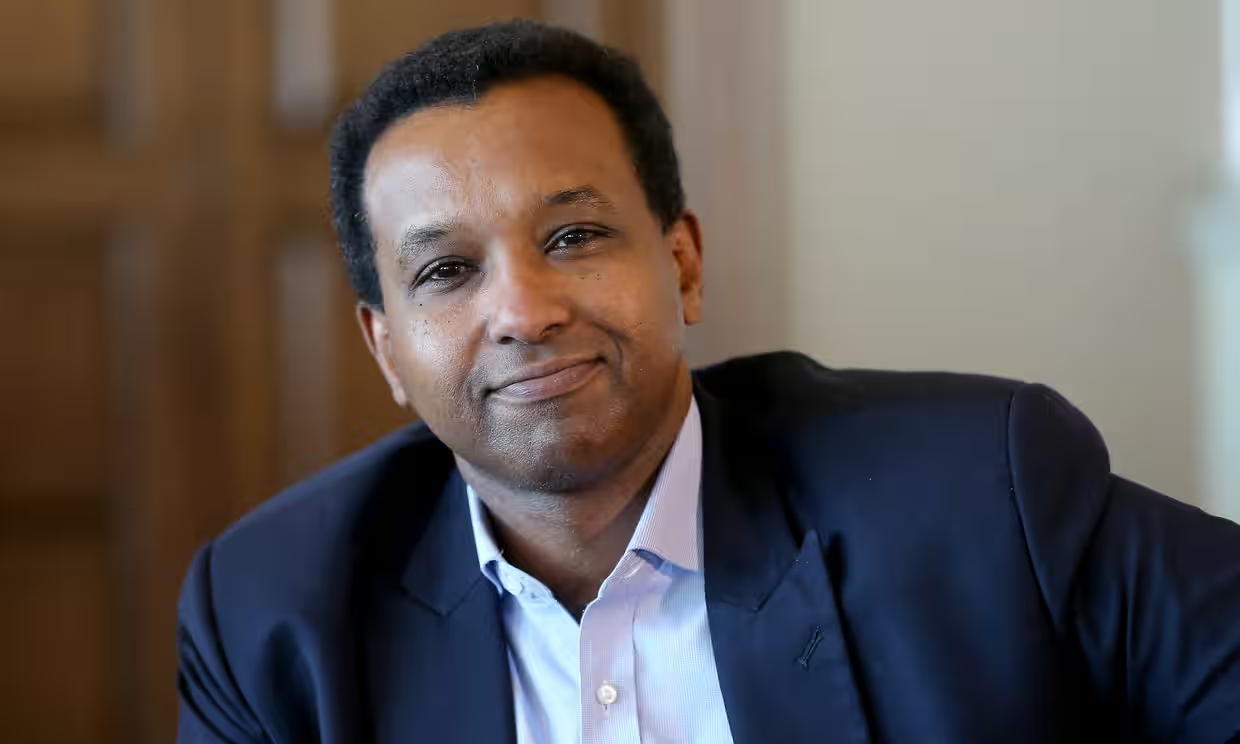
Horndiplomat Editorial
Horndiplomat-Somaliland has been achieving milestones and progressing fast in the realm of democracy since its declared independence in 1991 and the successive presidential elections held in Somaliland are the best examples of the progress and democratization of Somaliland.
After the declaration of the independence on 18 May 1991, delegates from all the inhabiting clans in Somaliland elected Abdirahman Ahmed Aw Ali.
In March 1993, the then incumbent lost to former Prime Minister of British Somaliland and the Somali Republic Mohamed Haaji Ibrahim Cigaal in a consensus elections voted by delegates representing all clans.

In February 1997, President Cigaal was reelected in the same style as that of 1993.
In 2001 multiparty system was introduced in Somaliland to graduate from the consensus democracy that was in practice since 1991 to a completely democratic system.
In May 2002, the sudden death of President Cigaal has to lead the Vice President Rayaale to assume the office and hold the first one person one vote presidential election in Somaliland within a year.
In April 2003, the people of Somaliland have exercised the democracy they were aspiring for a long time. The presidential election was far more inclusive, extended and diverse than its previous counterparts. It involved campaigns by competing candidates likes to which the people of Somaliland have never seen before. But all the excitement and democratization came with uncertainty; compare to previous consensus election this election was seen to be far more delicate as it involved much constituency than the well-known clan delegates. When the election result was out the declared winner was the incumbent president Rayaale was the declared winner with only a margin of 80 votes with the candidate that came to next Ahmed Silanyo. Left to the imagination of the Somalilanders whether Siilaanyo will accept the Rayaale’s very narrow win, it was remarkable that he did and this is one of his greatest legacies.
In 2010, the same three candidates from the same three Parties competed; President Rayaale of Udub; Ahmed Silanyo of Kulmiye; and Faisal Ali Warabe of Ucid. This election was yet the most participated and exciting Somaliland has seen. The political atmosphere was charged with years of opposition and political clashes, the call for change was strong, the term extension of the government was a very serious issue and everything was politicized. The campaign was happening throughout the country and Televisions and Radios were the most used platforms for it. Things appeared to be getting out of hand on several occasion, but the collective dedication and patriotism of the people of Somaliland reassured that peace is the priority and that people are mature enough to campaign, vote and elect peacefully.
In June, the election happened in a very smooth way with the highest number of voters in the history of Somaliland elections with a voting number of 1,069,914. When the election result was announced on July 1st, the Kulmiye opposition candidate Ahmed Mohamed Mohamoud (Silanyo) was declared the president-elect of Somaliland. The incumbent president was defeated and many started to speculate if he will possibly accept it and he did and congratulated to Silanyo. President Daahir Rayaale Kaahin made a history in a continent where many presidents don’t hold election and even those who hold never lose to the opposition candidates. This acceptance is indisputably on the top of President Rayaale’s legacy.
In 2017, the people of Somaliland are ones more getting ready to going to the polls to elect their next president. Running are Faisal Ali Warabe of Ucid Party, a veteran politician who ran the presidency twice before in 2003 and 2010; Muse Behi Abdi of the ruling Kulmiye Party, a leading figure of the SNM army struggle that eventually resulted the reclamation of Somaliland’s independence; and Abdirahman Mohamed Abdilahi (Cirro) of Waddani Party, a long time diplomat and a former longest-serving speaker of the house.
The incumbent president Ahmed Mohamed Silanyo has popularly and indeed surprisingly decided to not seek a second term although he could constitutionally.

The competition was fierce and the campaign was on a scale much higher than those in the past elections. Presidential Debates has been held for the first time and Social Media was massively used and exploited as a campaign platform. The candidates of the three parties told their supporters and the other Somalilanders to campaign and vote peacefully and so far all the facts suggest that it will end that way and with style.
Somaliland is set to yet achieve another milestone of democracy in a region where democracy is not abundant on the 13th of November.

























